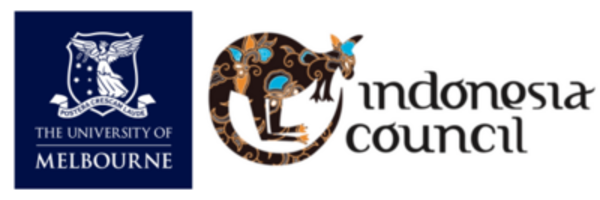Talk Description
Because of economic reasons, most female Indonesians are forced to work abroad and leave behind their children. They overcome distance limitations by performing transnational mothering using any available media to reach their children. Distance mothering creates spaces for human interaction and transmission of knowledge and know-how. In Hong Kong, female Indonesian migrant domestic workers (IMDWs) work remotely in their employers’ households. With long working hours, they must manage their limited personal time to maintain connections with their families back home. They need to maintain connections, practicing a know-how in transnational mothering, so their families will remain calling them ‘mother’, not ‘other.’Female IMDWs undertake the praxis of transnational mothering to maintain intimacy with their families. Transnational mothering gives more attention to the effect of migration on the families left behind and the relationships people maintain with their place of origin. Mediated communication facilities such as video calls are able to involve migrant mothers in the development of their children’s lives and knowledge-sharing processes. This paper examines the know-how praxis of female IMDWs in Hong Kong through communication technologies. Distance mothering not only shares social and cultural context but also emphasizes knowing the world, acting, and reacting to different situations in the family relationship. We consider how virtual channels create many opportunities for interactions to maintain levels of intimacy between mothers and their families. This research incorporates netnography (Kozinets, 2010), which aims to understand online social interactions with a further focus on the knowledge-sharing process. The findings indicate how virtual channels maintain connections and share knowledge and intimacies between migrant mothers and their children. It also found limitations and overload felt by IMDWs in following the process, which resulted in anxiety and devastation.
